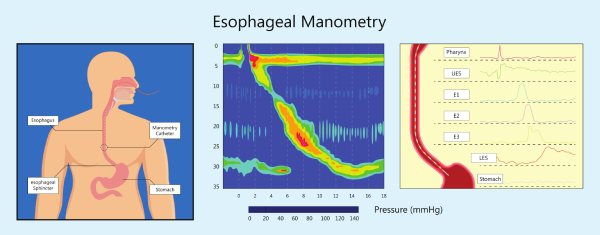Small intestinal bacterial overgrowth (SIBO) occurs when there is an abnormal increase in the overall bacterial population in the small intestine. Intestinal surgery or certain diseases can slow the passage of food and waste products in the digestive tract, creating a breeding ground for bacteria. The excess bacteria can cause diarrhoea, weight loss and malnutrition.
Breath testing is a noninvasive test which measures the amount of hydrogen or methane that you breathe out after drinking a mixture of glucose and water. A rapid rise in exhaled hydrogen or methane may indicate bacterial overgrowth in your small intestine.
Two separate breath tests are required with the initial test being a control test using lactulose (a mild laxative). This will determine whether you are a hydrogen or methane producer to ensure the correct gas is measured on subsequent testing. 15% of patients do not produce hydrogen and methane needs to be measured instead.
The breathalyser used at the Cambridge Specialist Centre only detects hydrogen when it is breathed out from the lungs. If the initial lactulose test identifies that you do not produce hydrogen, then methane testing will be used and the sealed samples will be sent to Auckland for analysis.
Testing occurs over two separate days.



 07 444 4600
07 444 4600 email us
email us